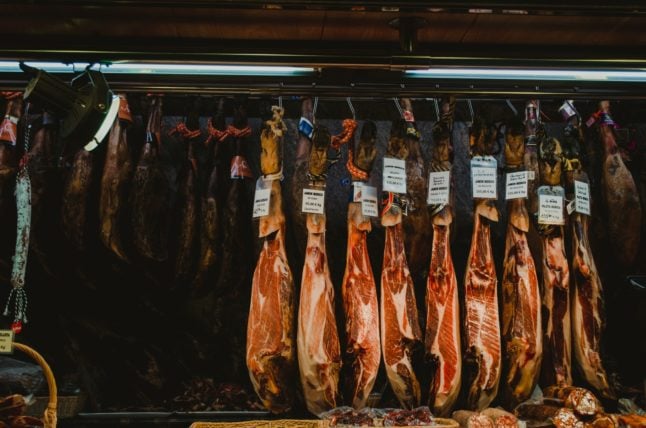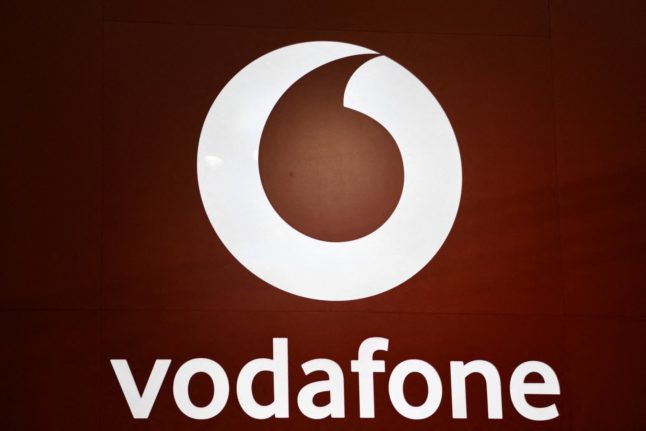You might not have known that cereals are key to the meat industry, but you may have noticed meat and poultry prices rising on supermarket shelves. The feed eaten by animals, such as pigs, is usually made up of around 20 percent corn, and the rise in cereal prices is now affecting the rest of the food chain, and meat prices in Spain in particular.
Experts are now warning that prices could continue to rise if the war in Ukraine continues. This is because Russia is the world’s main producer of grain crops, a key ingredient in many animal feeds. A continuation of the war could therefore lead to further price increases that could indirectly affect all animal products such as ham, eggs, and milk.
READ MORE: Products that are more expensive than ever due to the war in Ukraine
Meat prices in Spain were rising even before the outbreak of war in Ukraine, and have climbed by 18 percent in the last year.
The added economic shock of war, though, has caused meat prices to spike: beef prices, for example, have risen by almost 1 percent a week since March.
Jesús, a livestock owner, explained to Spanish outlet La Sexta that feeding his animals accounts for around 80 percent of the cost of production for his business, therefore, if cereal prices continue to climb, so will the price of his product.
This extra cost will then be passed on to consumers in supermarkets. “The [price of the] shopping cart is going up and it is logical, there is no other way to do it, products are going to be much more expensive,” he said.
The conflict-induced price spikes come amid tough economic times in Spain, not only because the country is still recovering from the COVID-19 pandemic, but also because Spaniards have been feeling the pinch of inflation in the last year.
READ MORE: Products made more expensive than ever due to inflation
Last October, electricity bills were sixty-three percent higher than the previous year, according to statistics from Spain’s Instituto Nacional de Estadística (INE). Spain’s Consumer Price Index (CPI) ended 2021 at 6.5 percent – fractionally lower than forecast but still the highest level in almost thirty years.
According to a recent survey by the Bank of Spain, 60 percent of national companies plan to raise their prices in the coming year.



 Please whitelist us to continue reading.
Please whitelist us to continue reading.
Member comments